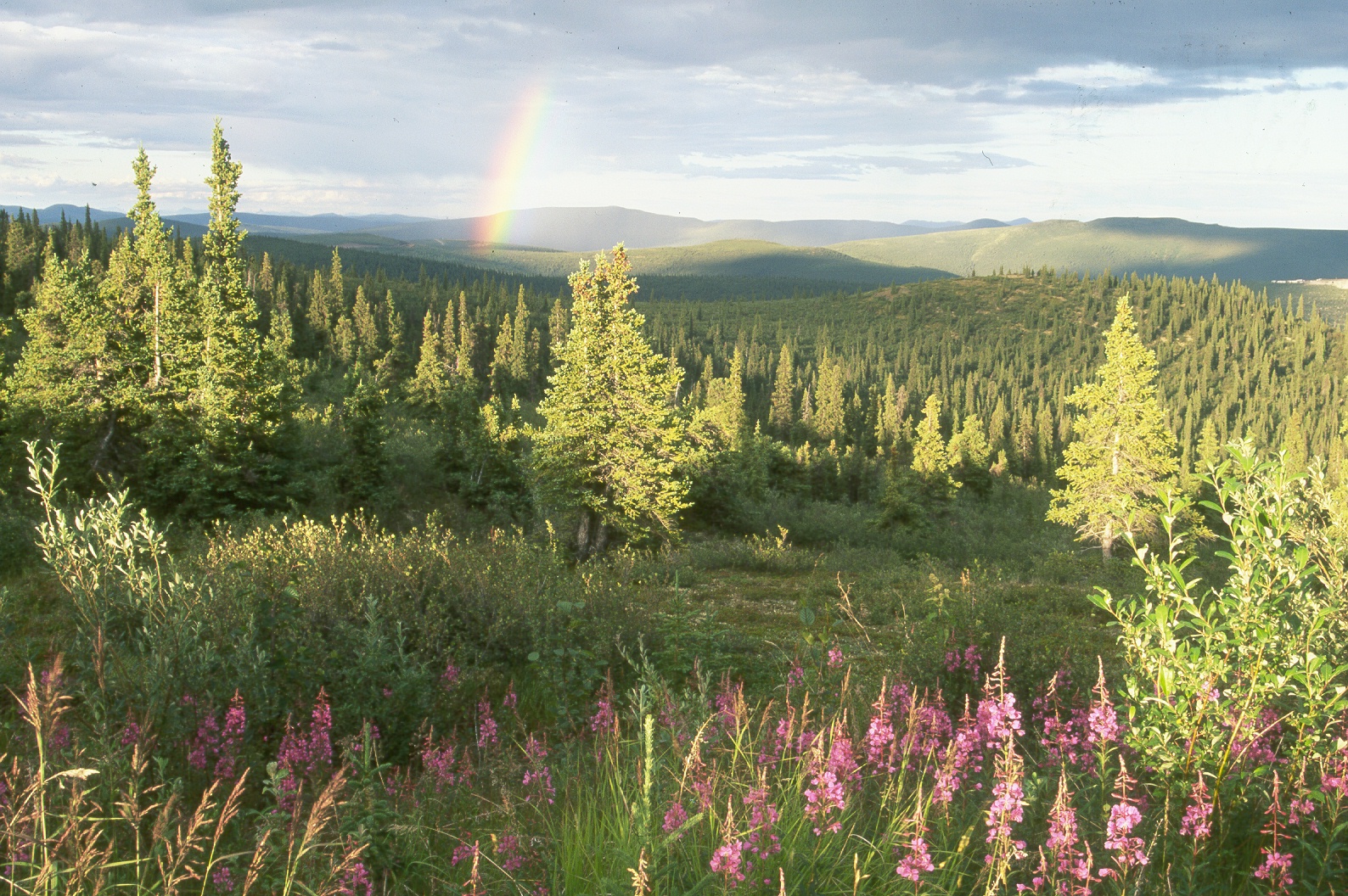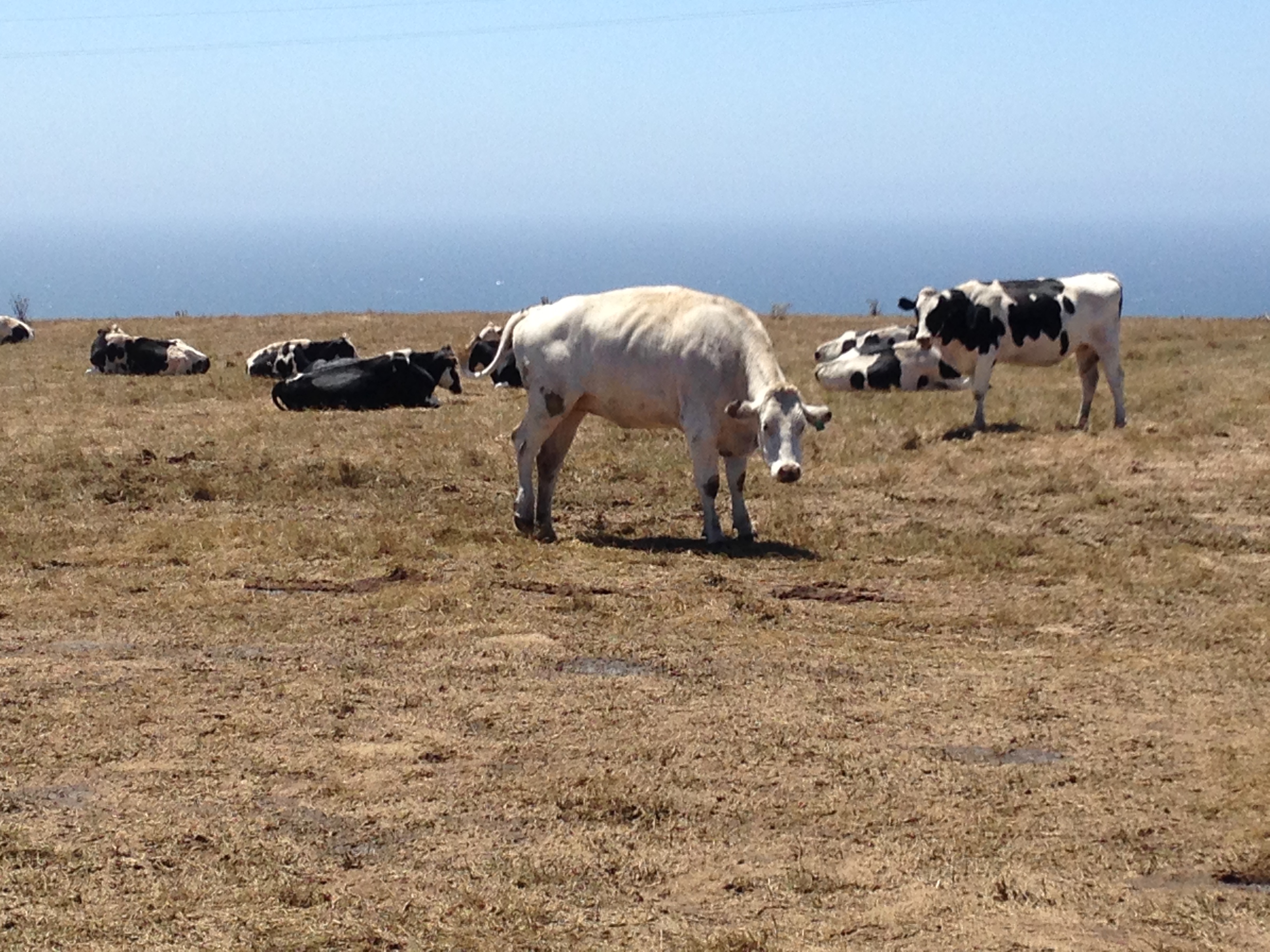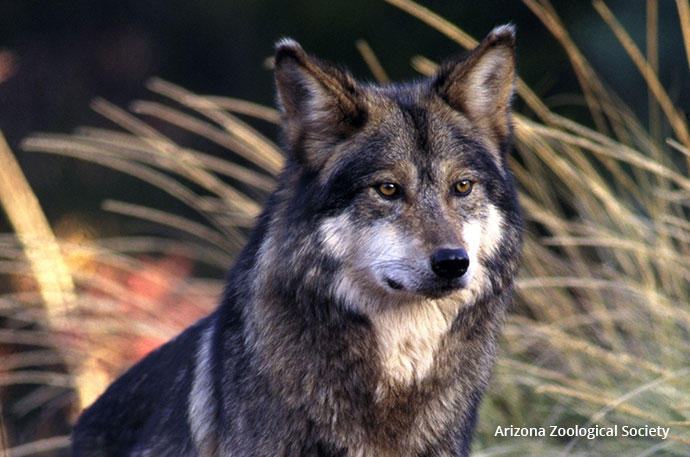-

Returning Half the Earth to Nature
By Erik Molvar, Western Watersheds Project Dr. Edward O. Wilson, one of the world’s foremost ecologists and thinkers, will be in Washington, D.C. next week for a series of presentations on migration corridors in the United States and the diversity of life across the globe. This is part of Dr. Wilson’s ‘Half-Earth’ campaign, a proposal…
-
Environmental and Wild Horse Advocates Agree: Livestock are the Problem on Western Ranges
By Erik Molvar, Western Watersheds Project and Val Cecama-Hogsett, Citizens Against Equine Slaughter When Erik Molvar of Western Watersheds Project (WWP) and Val Cecama-Hogsett of Citizens Against Equine Slaughter (CAES) met at a law conference in the spring of 2016, they had differing views of wild horses but they also had one clear common goal:…
-
MEDIA RELEASE 8/1: Western Watersheds Project Overturns Grazing Decision on Sage-Grouse Grounds
Stale data, failure to improve poor habitat conditions doom grazing project For immediate release, August 1, 2017 Media contact: Greta Anderson, Western Watersheds Project (520) 623-1878; greta@westernwatersheds.org BOISE, Ida. – Today, in a sharply worded rebuke to the Bureau of Land Management (BLM), an administrative law judge granted Western Watersheds Project’s appeal of a 2013 grazing permit…
-

Point Reyes a National Seashore, Not a National Barnyard
By Erik Molvar The newly-signed settlement between environmentalists, ranchers, and the National Park Service puts Point Reyes on the path to resolving conflicts between private livestock and public wildlife on the National Seashore. It requires a forthcoming planning process, during which the public can hold the Park Service to its obligation to manage these lands…
-

States’ Efforts to Derail Lobo Recovery
When the new draft recovery plan for Mexican wolves (Canis lupus baileyi), a.k.a. lobos, came out at the end of June, there were immediate concerns about the scuttling of science that resulted in the Service cutting population targets and habitat goals for the species. Some of those concerns were covered in an earlier TWN post here.…
-

Recovery Ought to Mean More Lobos in More Places
by Greta Anderson and Sandy Bahr The U.S. Fish and Wildlife Service has just released a recovery plan for the lobo that will remove federal Endangered Species Act protections long before a stable, functional, and recovered population is achieved. The draft criteria for down-listing or delisting Mexican wolves in this new document is woefully short…
-
Privatized or Not, Public Lands Will Suffer Under Trump
The straw-grasping began almost as soon as the shock wore off. Conservationists began searching for a sign that Donald Trump might care about something other than money and winning. They dug up a January 2016 interview with Field and Stream and Outdoor Life, where he said that he doesn’t like the idea of divesting federal…
-
Why let a multinational mining company graze livestock in Arizona’s precious creeks?
Summer in Arizona reminds us all of the area’s most precious habitat: riparian forests that provide cool, canopied respite from the blazing sun. The cool, clear waters and the shade trees are valuable not just for humans looking for a break from the desert glare, but for the unique and special wildlife species that call…
